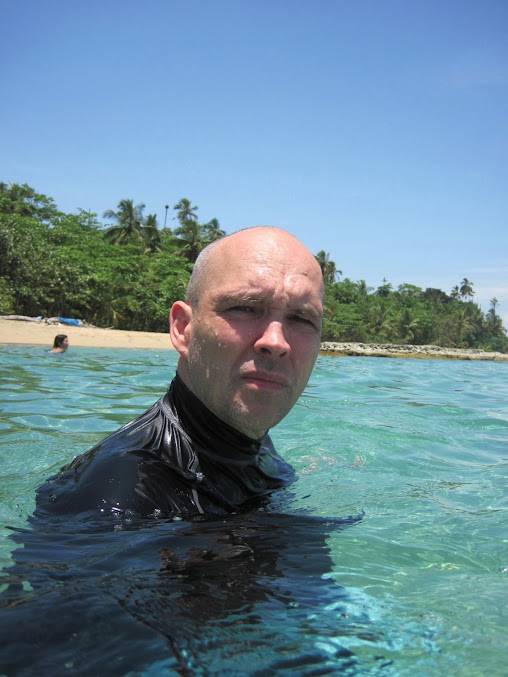Canadian writer Dyane Forde has always had a love for writing and decided to get serious about it around three years ago. Striking out to achieve her goal of publishing a book led her down many interesting and wonderful roads, learning many valuable lessons along the way. Dyane also has a blog dedicated to writing with the goals of both creating a place for readers to discover her work and to also serve as a writing resource. Her articles are often geared to inspire and encourage others from what lessons she has learned, as well as to provide practical writing support and tips.
Dyane's love of writing began with an early interest in reading and of words in general leading to a life-long desire to write all types of things, from short stories, novels, flash fiction, poetry, etc.
So today, Dyane has come here to share some information and answer questions I have for her. We are both excited that the timing of this interview is coinciding with her book The Purple Morrow just coming out, which is the first in her trilogy Rise of the Papilion.
How long have you considered yourself a writer?
I loved writing since I was a kid and dreamed of being a writer when I grew up but life took a different route. About 3-4 years ago I decided to take writing seriously and set to writing books and stories and what not, so I suppose I would consider myself a writer from that point on.
What inspires and motivates you to write?
I love words. I love seeing what they can do when mixed and matched in various ways, how they can be used to create a mood or a feeling, to stimulate the senses or to move people’s emotions. In a world dominated by visual stimulation, there’s something special about being able to stir the heart and imagination with the written word.
What inspired the name of your blog “Dropped Pebbles?”
The idea behind the name was in regards to the ripple effect that occurs after one drops a pebble in a pond. When I started the blog, I hoped that each story, article, interview etc. would reverberate like that, connecting with and affecting readers, and over time, one day make its own place within the writing community.
Dyane's love of writing began with an early interest in reading and of words in general leading to a life-long desire to write all types of things, from short stories, novels, flash fiction, poetry, etc.
"I enjoy delving into genres and forms of writing that are different from what I’m used to in order to stretch myself. Every story or book represents new challenges. I write to communicate, meaning that writing becomes a means through which I seek to connect with people on a level deeper than intellect."
So today, Dyane has come here to share some information and answer questions I have for her. We are both excited that the timing of this interview is coinciding with her book The Purple Morrow just coming out, which is the first in her trilogy Rise of the Papilion.
How long have you considered yourself a writer?
I loved writing since I was a kid and dreamed of being a writer when I grew up but life took a different route. About 3-4 years ago I decided to take writing seriously and set to writing books and stories and what not, so I suppose I would consider myself a writer from that point on.
What inspires and motivates you to write?
I love words. I love seeing what they can do when mixed and matched in various ways, how they can be used to create a mood or a feeling, to stimulate the senses or to move people’s emotions. In a world dominated by visual stimulation, there’s something special about being able to stir the heart and imagination with the written word.
What inspired the name of your blog “Dropped Pebbles?”
The idea behind the name was in regards to the ripple effect that occurs after one drops a pebble in a pond. When I started the blog, I hoped that each story, article, interview etc. would reverberate like that, connecting with and affecting readers, and over time, one day make its own place within the writing community.

























.png)


